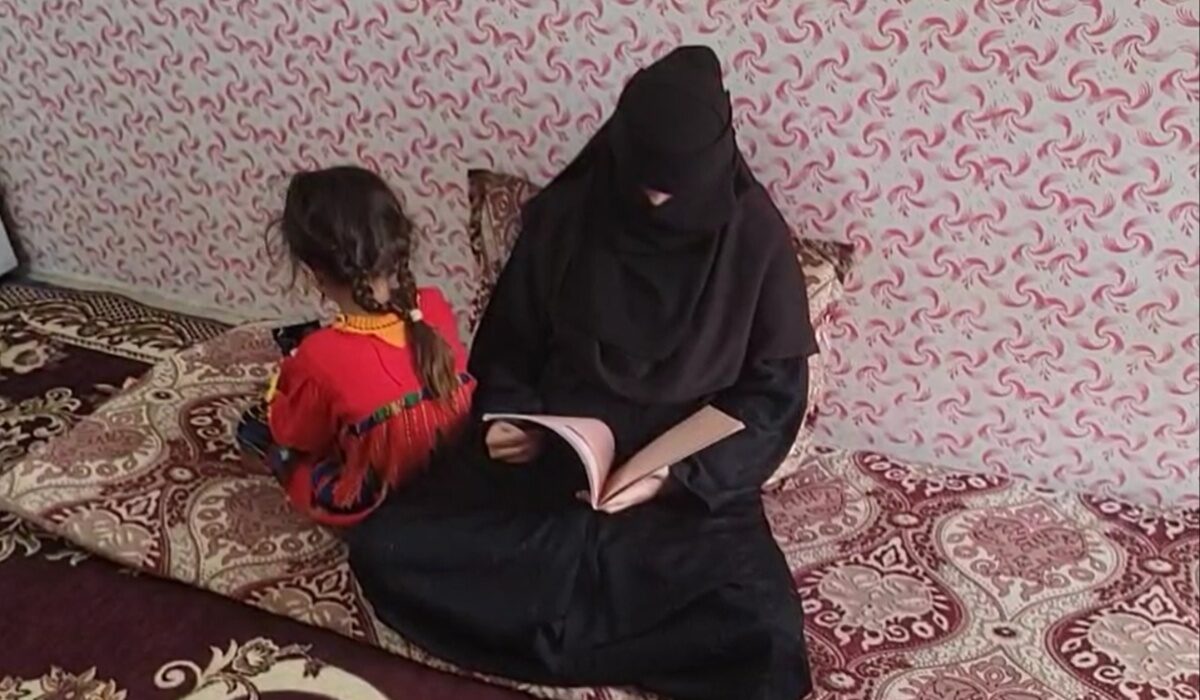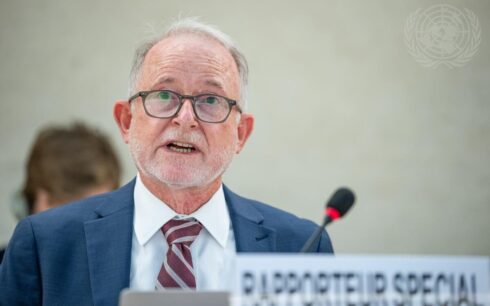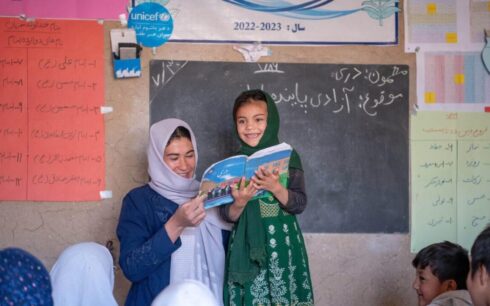In the wake of the Taliban’s restrictions on women’s employment in aid agencies, many women in Afghanistan find themselves grappling with mental and emotional challenges, transforming their lives into a daily struggle within the confines of their homes.
Zahra Murad, a former employee of a humanitarian organization, now shares the fate of thousands of women whose right to work in aid agencies has been stripped away.
Her once purposeful life has been replaced by a sense of hopelessness as she navigates the challenges of unemployment.
“I used to work for a foreign institution, but since the Taliban imposed restrictions, I’ve been unemployed. My husband’s modest income as a manual laborer barely sustains us, making it difficult to meet our daily needs,” she says.
Farida Osmani, a 28-year-old who used to contribute to her family’s income through work in an aid institution, faces a similar plight. She recounts, “I provided for my family before these restrictions. Now, with women losing their right to work, we’re confronted with insurmountable problems.”
Sara Himmati, another woman with a background in foreign institutions, highlights the impact on her mental well-being. Despite efforts to combat psychological challenges through entertainment and study, the absence of work has left her in anguish. “Since the Taliban’s order, I’ve stayed at home, unable to pursue my studies and dreams. We’re just waiting for a day when we can work towards our goals,” Himmati expresses.
This situation not only jeopardizes the immediate future of these women but also casts a shadow on the prospects for their children.
Lawyer Ahmed Ghoriani, a doctor, sheds light on the consequences of these restrictions, stating, “It induces moderate mental and emotional illnesses, leading to severe sleep disturbances and anxiety. If left untreated, this condition could adversely affect their lives in the long run.”
Despite widespread global reactions condemning the Taliban’s decision to bar women from working in NGOs, including the United Nations, the militant group remains unyielding.
The United Nations has reported that there are 151 NGOs operating in Afghanistan, and after the Taliban’s restriction, 86% of their activities involving women have been either reduced or halted. The consequences of these restrictions echo beyond the present, raising concerns about the lasting impact on the mental health and well-being of Afghan women.





